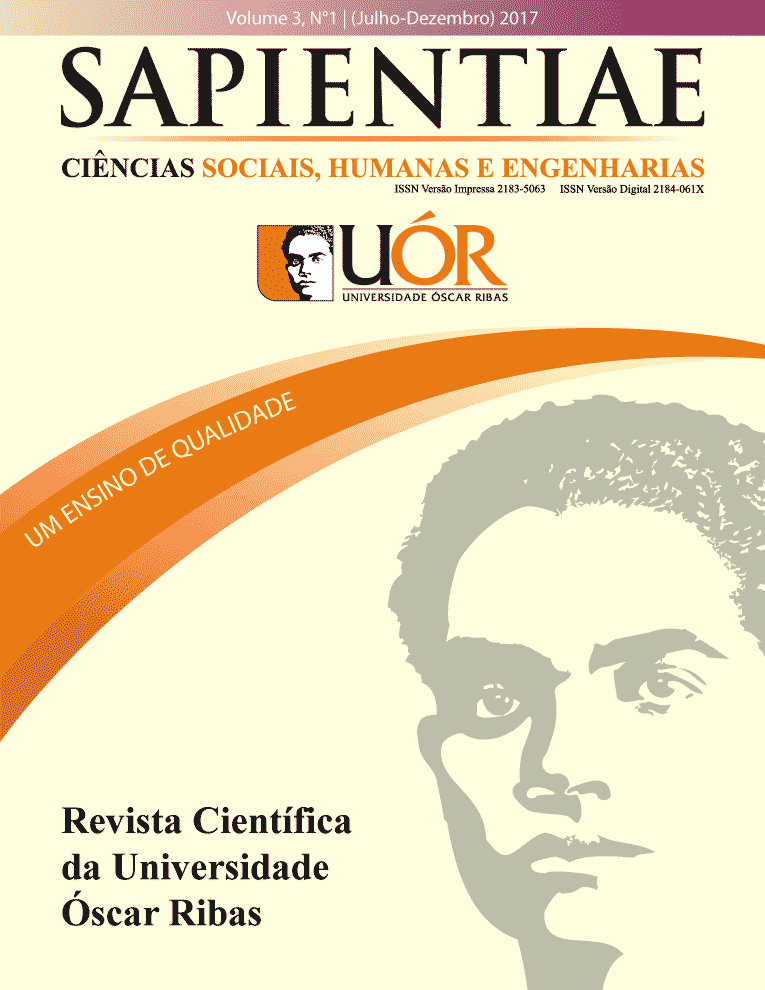Comparative analysis of the legal discourse of Venezuelan educational law of 1980 and 2009
Keywords:
Educational laws from 1980 to 2009, comparative analysis, Venezuela.Abstract
Venezuelan education in the 21st century has represented a landmark educational society for underlying social, economic and political changes in the proposal made by the Government of Chavez for the development of the national education system, under the principles of participatory democracy and leading role. The methodology used in the development of this article was analytical, documentary, based on the comparative analysis of legal, bibliographic and electronic documents including legal documents emanating from the Congress of the Republic of Venezuela (1961, the National Assembly (2009), Giroux (2009), Granados (2010) and Benavent (1966), among others. Issues of interest such as education in the framework of the revolutionary process historical emerging Latin American, the legal foundation of the Venezuelan education in 1980 and 2009 as comparators of the divergent positions of character ideological Economic and educational transition toeducation to the education of the 21st century, missions such as concrete forms of alternative education in Venezuela, social prominence and collective participation, closing as epilogue concerning the Venezuelan education in comparative terms, constitute the themes of the article, whose purpose is to compare similarities and differences of education in Venezuela based on the analysis of the legal content of the 1980 Education Act and the Education Act of 2009, under the principles of democracy representative of the Fourth Republic and participatory democracy and protagonist of the Fifth Republic with the Bolivarian revolutionReferences
Acosta, Walter. (2009). Consejos Comunales y organización de defensa de la Revolución. Jornadas Intelectuales, democracia y socialismo: callejones sin salida y caminos de apertura. Ponencias Centro Internacional Miranda. Venezuela.
Agencia Bolivariana de Noticias. (2009). Discurso de Hugo Rafael Chávez Frías. Venezuela.
Aporrea. (2009). ¿Qué es la Autonomía Universitaria y quién la viola? Extraído de: https://www.aporrea.org/educacion/a37575.html consulta: 07/06/2017.
Asamblea Nacional. (2009). Ley Orgánica de Educación. Talleres Gráficos de la Asamblea Nacional. Venezuela.
Benavent, George. (1966). La metodología comparativista. Universidad de Valencia. España.
Congreso de la República de Venezuela. (1961). Constitución de la República de Venezuela. Editorial La Torre. Venezuela.
Congreso de la República de Venezuela. (1980). Ley Orgánica de Educación. Gaceta Oficial N° 2635 (Extraordinario) del 28 de Julio. Editorial La Torre. Venezuela.
Delgado-Flores, Carlos. (2012). Educación y Medios de Comunicación. Educación para la sociedad del Conocimiento en Venezuela. extraído de: https://educapais.wordpress.com/2012/10/22/educacion-y-medios-de-comunicacion-educacion-para-la-sociedad-del-conocimiento-en-venezuela/ consulta: 07/06/2017.
D'Elia, Yolanda. (2006). Las Misiones Sociales en Venezuela: una aproximación a su comprensión y análisis. Instituto Latinoamericano de Investigaciones Sociales. Venezuela.
Giroux, Henry. (2009). Pedagogía Crítica: extraído de http://henry-giroux.blogspot.com/2009/05/pedagogia-critica.html Consulta: 07/06/2017.
Granados, Otoniell. (2010) Venezuela: hacia la construcción de una democracia participativa. En Revista Sin Fronteras. Trabajo Social. Debate Intercontinental Año. 2. N° 4 Julio – Diciembre de 2010. México. (Pp.61-76).
Kelsen, Hans. (1982). Teoría pura del Derecho. Traducción de la segunda edición en alemán, por Roberto J. Vernengo. Universidad Nacional Autónoma de México. Editorial Andrómeda, S. A. México.
Ministerio de Educación. (1997). Currículo Básico Nacional. Editores. Venezuela.
Ministerio de Educación y Cultura. (1999). Proyecto Educativo Nacional. Editores. Venezuela.
Ministerio del Poder Popular para la Educación. (2007). Currículo Nacional Bolivariano. Editores. Venezuela.
Ocampo, José. (2008) Paulo Freire y la pedagogía del oprimido. Universidad Pedagógica y Tecnológica de Colombia. Colombia.
Velásquez, Fernando y González, Eduardo. (2003). ¿Qué ha pasado con la Participación En Colombia? Fundación Corona. Editorial Lito Camargo LTDA. Colombia
Zavala, Lauro. (1998). La precisión de la incertidumbre: Posmodernidad, vida cotidiana y escritura. UAEM. México.
Downloads
Published
Issue
Section
License
The content of the publications are of absolute responsibility of the authors and not of the Oscar Ribas University or the SAPIENTIAE Journal. The Journal allow the author(s) to hold the copyright of the papers.
This journal is Creative Commons Attribution-NonCommercial-ShareAlike 4.0 International.


